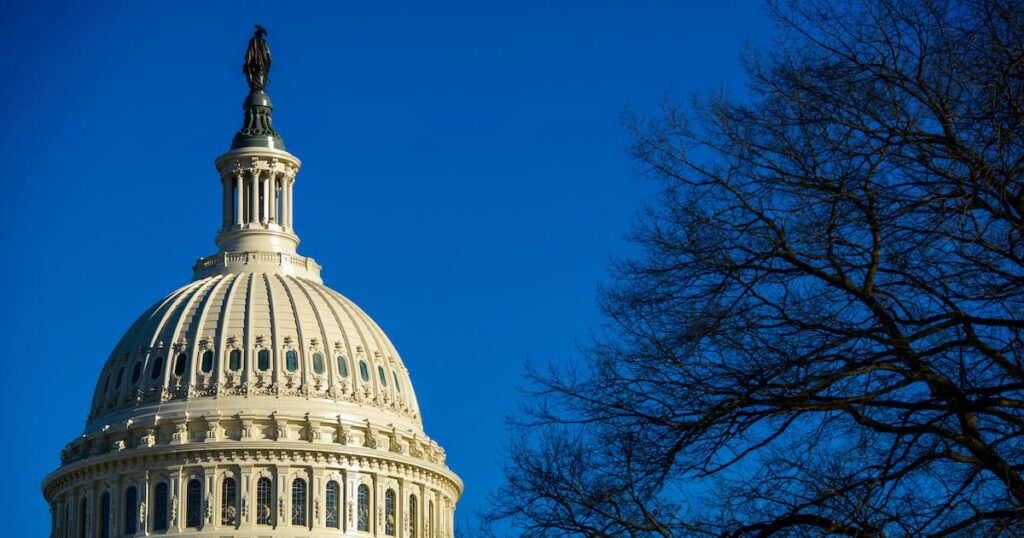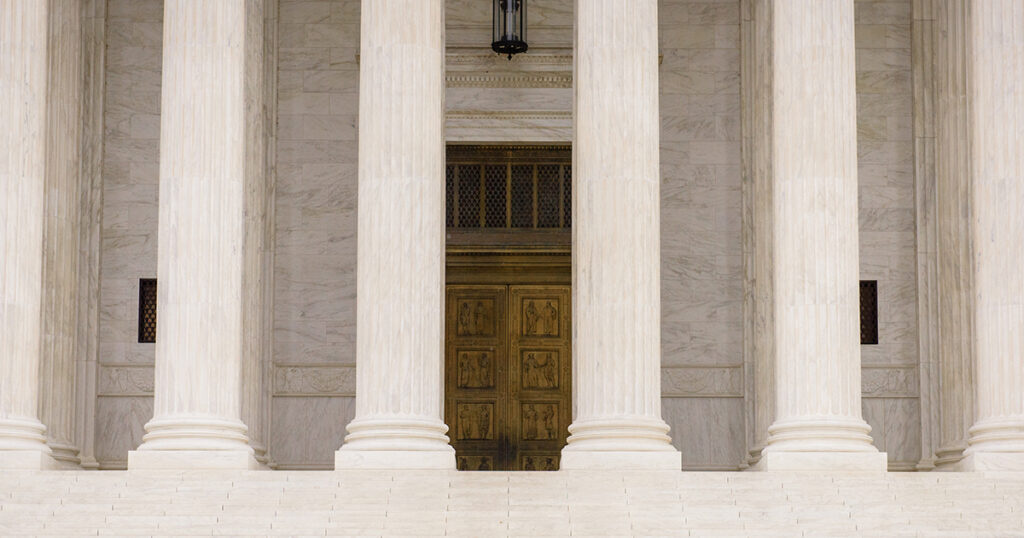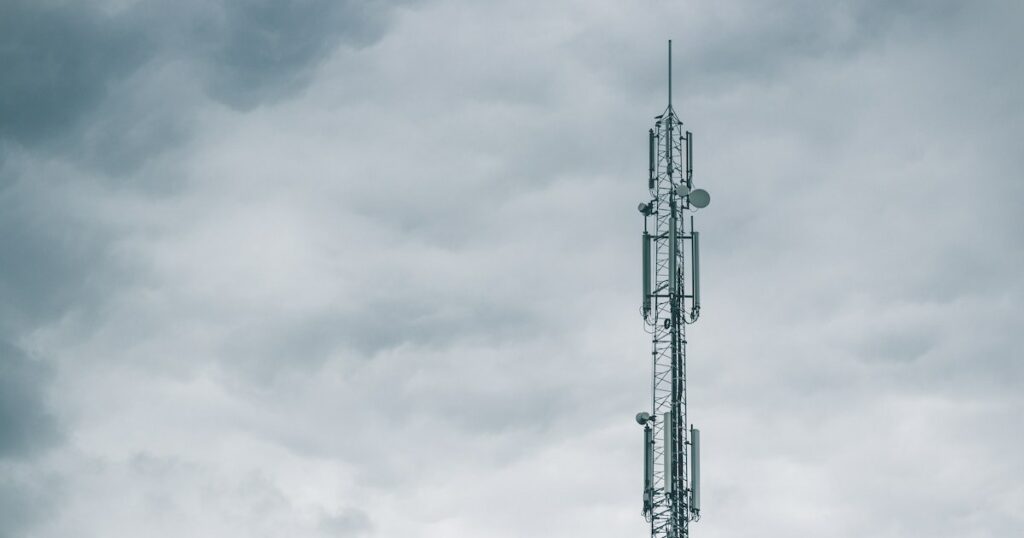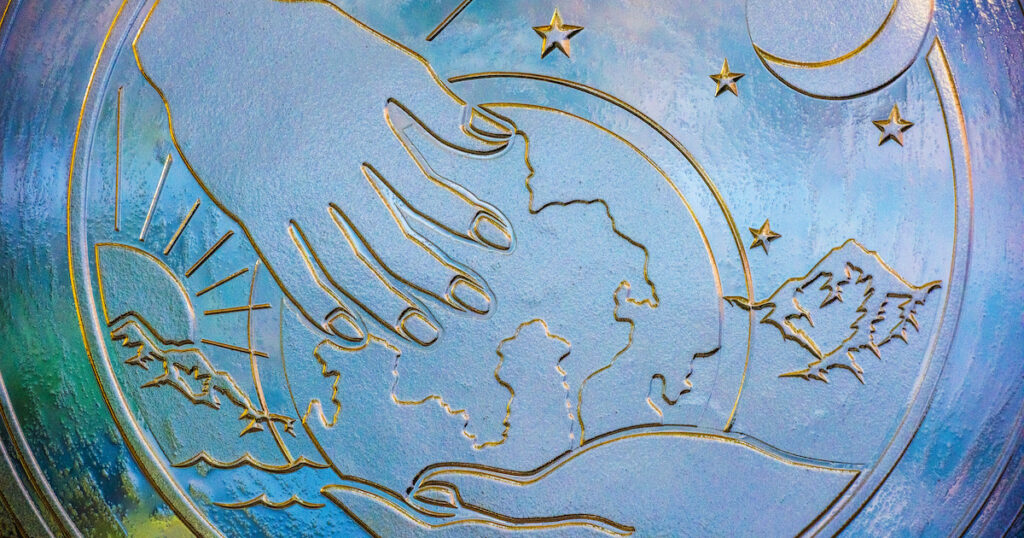The U.S. Supreme Court has issued two more rulings protecting religious liberty. One ensures the right of churches and church schools to make employment decisions free from government regulations. The other allows exemptions to government mandates to protect the right of individuals to act on their religious convictions.
The first ruling can be thought of as a sequel to the case brought by an LCMS church and school in 2012, Hosanna-Tabor Evangelical Lutheran Church and School v. EEOC. In that case, a rostered teacher claimed that she lost her position because of a disability, in violation of the Americans with Disabilities Act.
A major factor in that case was the LCMS practice of extending calls to two categories of “ministers”: “ministers of religion—ordained” (that is, pastors) and “ministers of religion—commissioned” (for teachers, deaconesses, DCEs and other church workers trained and certified by LCMS institutions).
The Supreme Court ruled unanimously that churches have the absolute right to choose their own ministers. Since the teacher in the lawsuit was classified as a “minister,” the state may not interfere in the church’s decision about her employment.
But not all LCMS teachers are rostered and called through the Synod. Churches often have other employees — secretaries, custodians, musicians, contract workers — who are not commissioned ministers. Can a congregation insist that these workers uphold the church’s moral and theological teachings? Or would that constitute unlawful discrimination?
In this recent case, Our Lady of Guadalupe School v. Morrissey-Berru, a teacher at a Catholic elementary school alleged that she lost her position because of age discrimination. The Roman Catholic Church does not classify teachers as ministers. Therefore, her attorneys argued, the church’s right to choose its ministers, the so-called “ministerial exemption,” as established by the Hosanna-Tabor case, does not apply.
The Supreme Court is recognizing that religious liberty applies both to religious institutions and to individuals who hold particular religious beliefs.
However, in a 7-2 ruling, the court disagreed. Even though the employee may not be called a minister, anyone who is engaged in carrying out the religious mission of the church — including Christian education — falls under the ministerial exemption. Questions remain. For example, are employees or contract workers who maintain the physical facilities engaged in the church’s “religious mission”? In general, the court is maintaining the hands-off principle that the state should not meddle in a church’s internal affairs.
The second case is also a sequel to two earlier decisions. The Affordable Care Act of 2010 (ACA, aka “Obamacare”) requires all employer health insurance programs to provide free contraceptives to women. But the Roman Catholic Church explicitly teaches that artificial birth control is a sin. The Little Sisters of the Poor, an order of nuns who take care of the elderly and operate nursing homes, objected to the requirement that they be forced to pay for birth control devices for their employees through their insurance premiums. To do so, according to their religious convictions, would be sinful and would lead their employees into sin.
Due to a vacancy, the Supreme Court was previously deadlocked on the issue and instructed the Sisters and the government to work out a solution. ACA administrators worked out a way for the insurance companies to provide free birth control without the direct involvement of the Sisters. But the Sisters considered that solution to be little more than a bureaucratic trick that evaded the real moral issues.
Other Christians also have problems with contraceptives. Hobby Lobby, a company owned by evangelical Christians, also objected to the ACA mandate. In Burwell v. Hobby Lobby Stores, Inc., the Supreme Court ruled in 2014 that the ACA must have a process that allows employers with religious or moral objections to opt out of the mandate.
The Little Sisters of the Poor insisted that the required paperwork was itself an unconstitutional burden on the free exercise of their religion. In response, the Trump administration simply gave the religious order an exemption from the mandate. Whereupon the state of Pennsylvania sued, maintaining that the executive branch does not have the authority to exempt someone from the law.
Finally, Little Sisters of the Poor Saints Peter and Paul Home v. Pennsylvania reached the Supreme Court, which resolved the issue in the nuns’ favor. The government does have the right to issue exemptions from the birth control mandate.
Again, many questions remain, and we can expect more litigation. But the Supreme Court is recognizing that religious liberty applies both to religious institutions and to individuals who hold particular religious beliefs. They also recognize that laws must take religious liberty into account.





